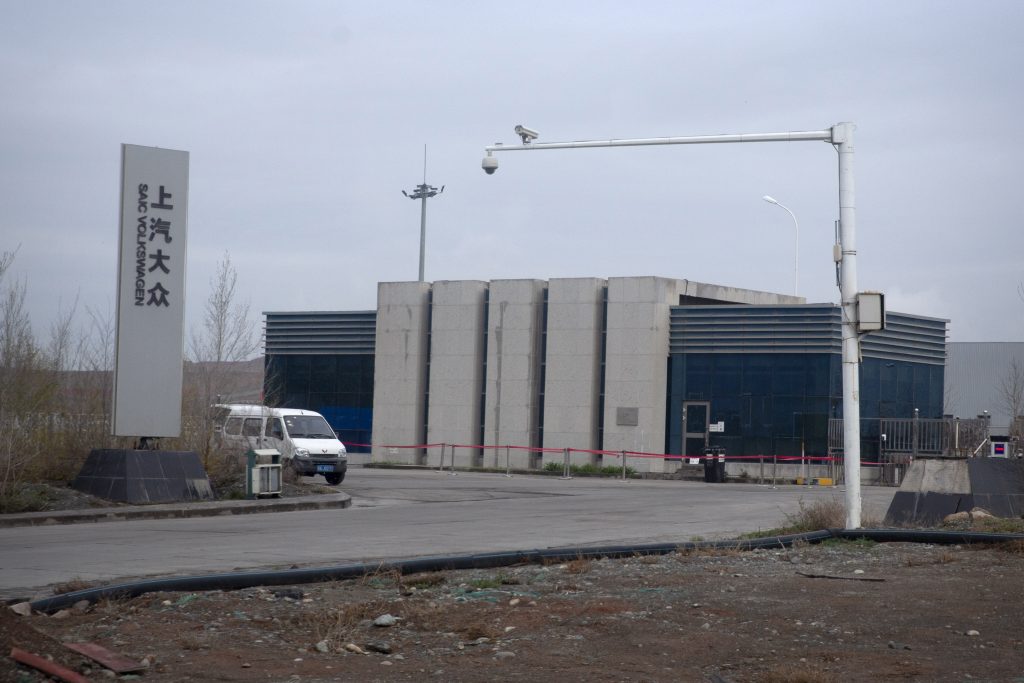In a disconcerting revelation, a report from Human Rights Watch suggests that many of the world’s largest car manufacturers are indirectly contributing to human rights abuses in China’s Xinjiang region by purchasing aluminium produced through forced labour. The report highlights that nearly 10% of the world’s aluminium supply originates from Xinjiang, a region that has come under scrutiny due to alleged human rights violations and the repression of Uyghur Muslims.
Xinjiang’s aluminium industry has experienced a sixfold increase in production since 2010, making it a significant global player in the aluminium market. The surge in production has raised concerns about the use of forced labour in the region, particularly through state-backed labour transfer programs. According to the report, these programs contribute to the vulnerability of workers and expose them to potential human rights abuses. More than one million Uyghurs and other minority Muslims have reportedly been detained in internment camps or subjected to various forms of abuse in Xinjiang over the past decade.
Human Rights Watch researchers found that carmakers, as the leading industrial users of aluminium, are indirectly involved in these troubling supply chains. The report points out that over 3 million transfers were made annually in 2021 and 2022, according to government data, emphasizing the scale and magnitude of the labour transfer programs in Xinjiang.
Jim Wormington, who led the research, stressed that the labour transfer mechanism is used for increased coercion and control by the state. He highlighted that workers often lack the freedom to leave employment once they have been moved and are subjected to mandatory ideological indoctrination. The report indicates that these forced labour practices are integral to the Xinjiang aluminium industry, a sector that has witnessed significant growth as Beijing encourages smelters to relocate closer to the region’s abundant and inexpensive coal power.
The Human Rights Watch report names several major car manufacturers, including General Motors, Tesla, Toyota, Volkswagen, and BYD, the Chinese group that ranks as the world’s largest electric vehicle (EV) maker. In response to the findings, Volkswagen and GM sought to minimize their responsibility for supply chain oversight. Tesla stated that it had mapped its supply chain and would not knowingly accept products or services involving forced labour, without specifying the proportion of aluminium sourced from Xinjiang. Toyota and BYD did not respond to the report’s inquiries.
The report underscores the challenges faced by companies in tracing and verifying the source of raw materials within complex and often opaque supply chains. It calls on companies to proactively address the human rights issues associated with their supply chains and to undertake due diligence to ensure that their operations do not contribute to abuses.
While global awareness of human rights issues in Xinjiang has grown, and international condemnation of China’s actions has increased, the Human Rights Watch report sheds light on the broader implications of these supply chain dynamics. Car manufacturers are facing increased scrutiny and pressure to reevaluate their supply chain practices and ensure that their operations are not inadvertently supporting forced labour or human rights violations.
The situation underscores the broader challenges faced by multinational corporations in navigating complex global supply chains while maintaining ethical standards. As scrutiny intensifies, companies across industries will need to prioritize responsible sourcing, transparency, and ethical business practices to avoid complicity in human rights abuses and address the growing demand for accountability in the global marketplace.
Read More: Keep an Eye on Amazon, Apple, and 3 Other Stocks as Friday Approaches
